Regardless of region, economic status, age, or health, there is one thing that unites us all: we’re all going to die someday. However, some scientists are saying that death is not necessarily the end. They’re arguing that after life and death, there is a third state of life. They found that certain cells appear after a body has been deceased and these cells could have consciousness.
In September 2024, Alex Pozhitkov, Ph.D., a bioinformatics researcher at the City of Hope Cancer Center, and Peter Noble, Ph.D., a microbiologist from the University of Alabama at Birmingham, analyzed new multicellular organisms designed by A.I. known as “xenobots” and noticed they acted with autonomy, forming new roles for themselves beyond their predetermined function within a body. Since these xenobot cells appear to reassemble and reorganize into new forms and functions upon a body’s death, Pozhitkov and Noble argue that these cells create a “third state” of life. While the forms the xenobots take wouldn’t materialize in nature, it’s huge that they’re able to adapt to drastic changes in their environment much like the human “anthrobot” cells that exhibit similar behavior.
- YouTube youtube.com
“Taken together, these findings…challenge the idea that cells and organisms can evolve only in predetermined ways,” the authors of the study told The Conversation in 2024. “The third state suggests that [an organism’s] death may play a significant role in how life transforms over time.”
Along with this “third state” comes another potential good for the medical community. Seeing this adaptability in anthrobot cells could help doctors engineer new medical treatments that would be able to administer medicine through anthrobots derived from a patient's living tissue. This could allow patients to receive medication without triggering unwanted immune responses along with other potential functions such as dissolving plaque in clogged arteries or removing excess mucus from cystic fibrosis patients.
These “biobots” have not just challenged what we currently know about the cells that made up the bodies of humans, plants, and animals, but also challenge our definitions of consciousness and sentience. There are scientists that argue, based on this finding and others, that cells contain consciousness. Other scientists, however, disagree with that opinion.
- YouTube youtu.be
Part of the reason these scientists argue is because consciousness can have different definitions or contexts depending whether you’re discussing it from a scientific or a philosophical lens. In a broad definition, consciousness is whatever you experience. However, scientists see consciousness as a behavior rather than an actual process of responding to experiences or being aware of being aware. The debate and critical thinking on any side of the issue is so much that there is even a philosopher, Daniel Dennett, who argues that consciousness itself is an illusion and, ironically, that humans are just “robots, made of robots, made of robots.”
@drjasonyuan Consciousness is Reality Experiencing ... ITSELF? Reference: Then I Am Myself the World: What is Consciousness and How to Expand It. Dr. Kristof Koch #consciousness #dmt #mind #reality #neuroscience #pyschedelic
Whatever side of the debate you’re on, the xenobots are a definite breakthrough in getting us to ask questions that could lead to bigger truths and even bigger questions. That, and hopefully some new effective medical techniques that we may not yet fully understand, but do appreciate.







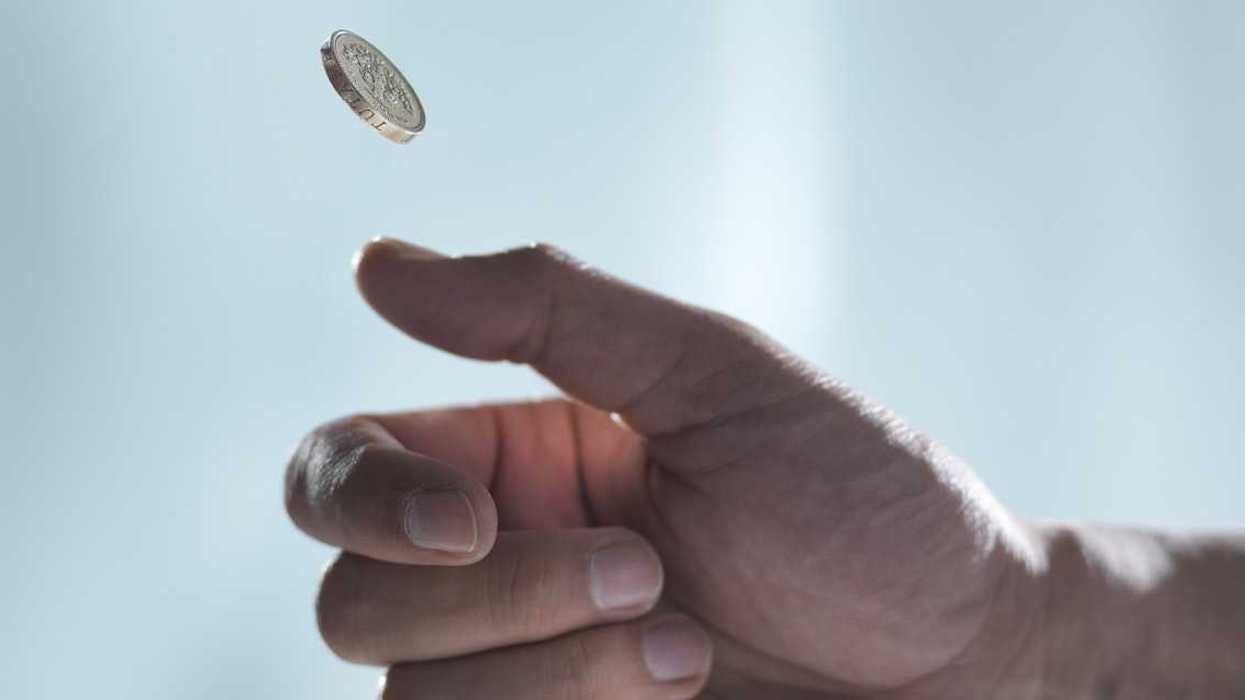
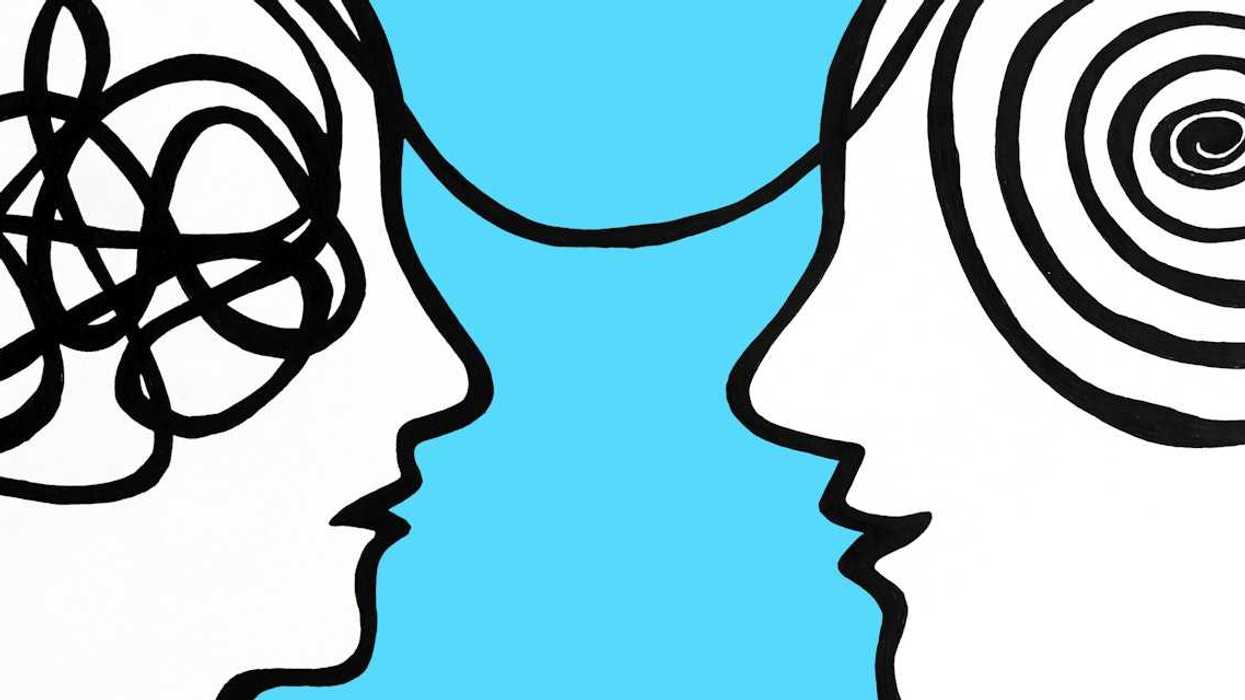

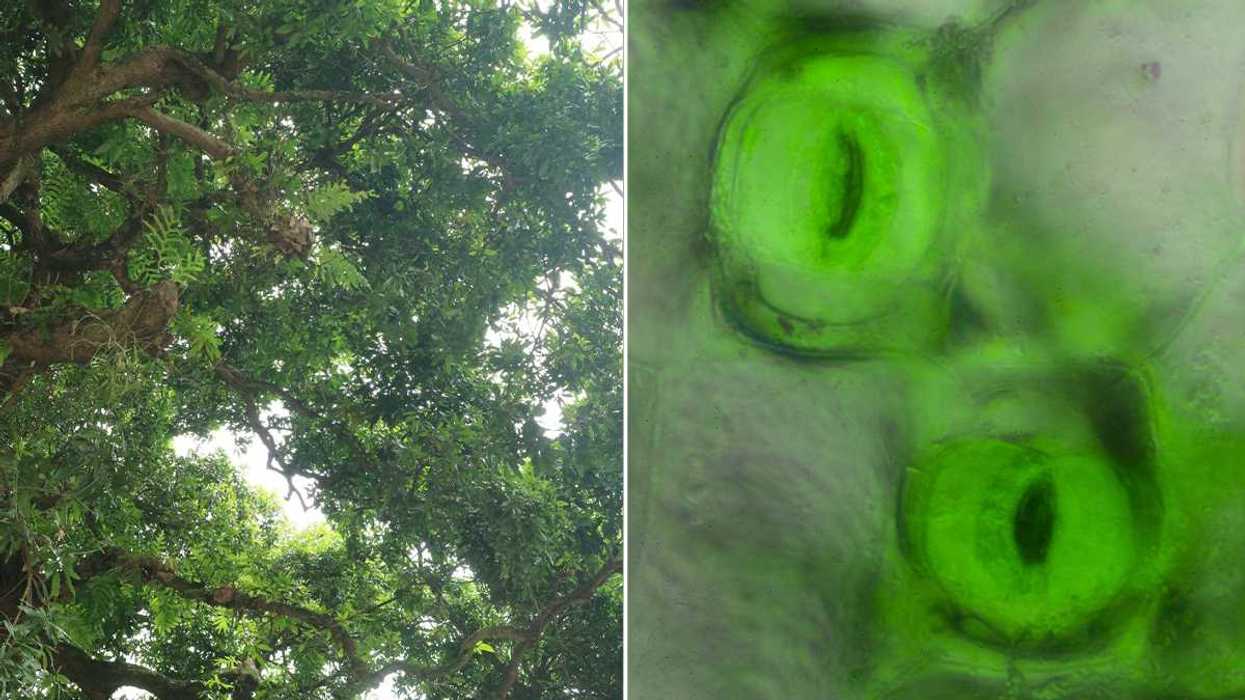







 Regular exercise and a balanced diet are cornerstones to aging well.
Regular exercise and a balanced diet are cornerstones to aging well.
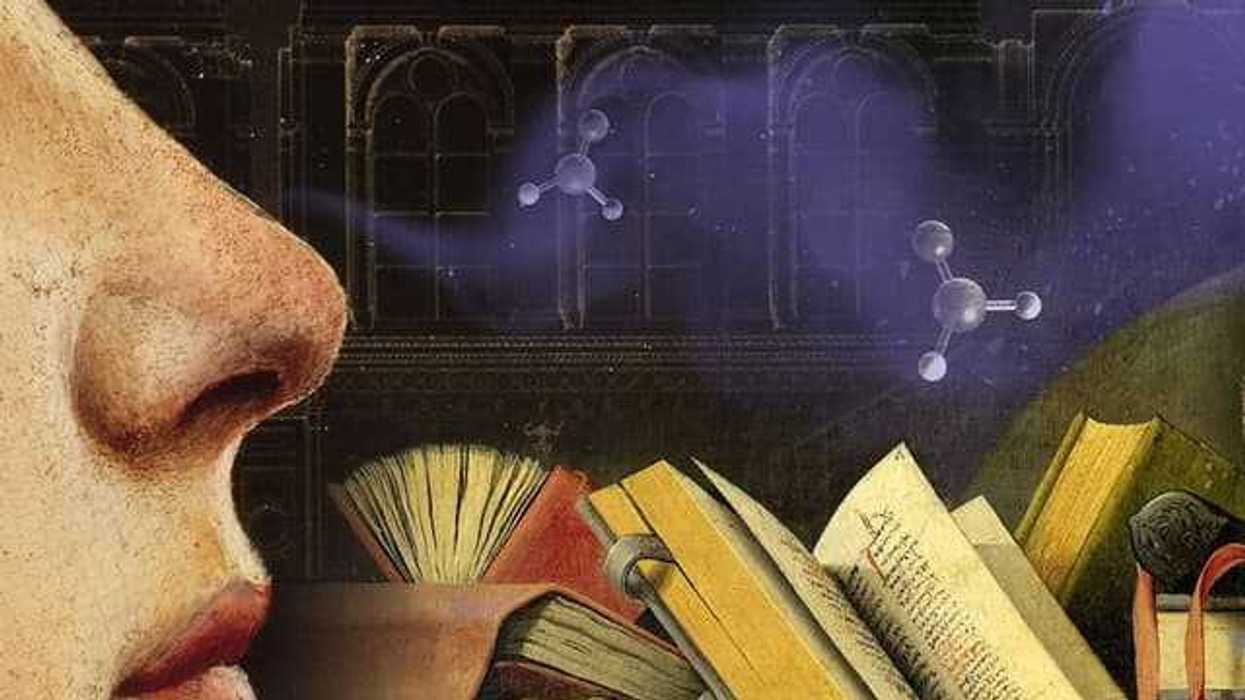
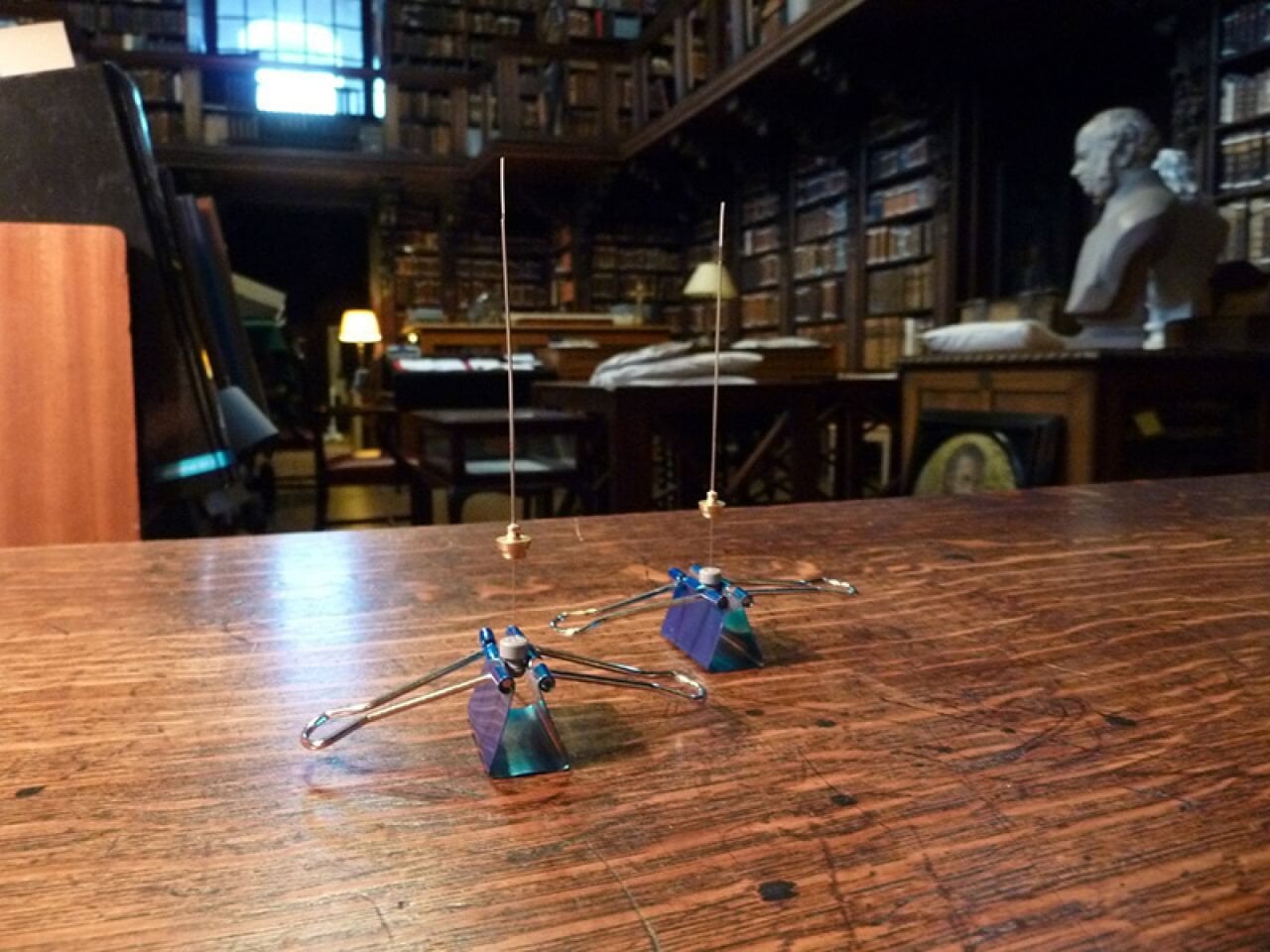
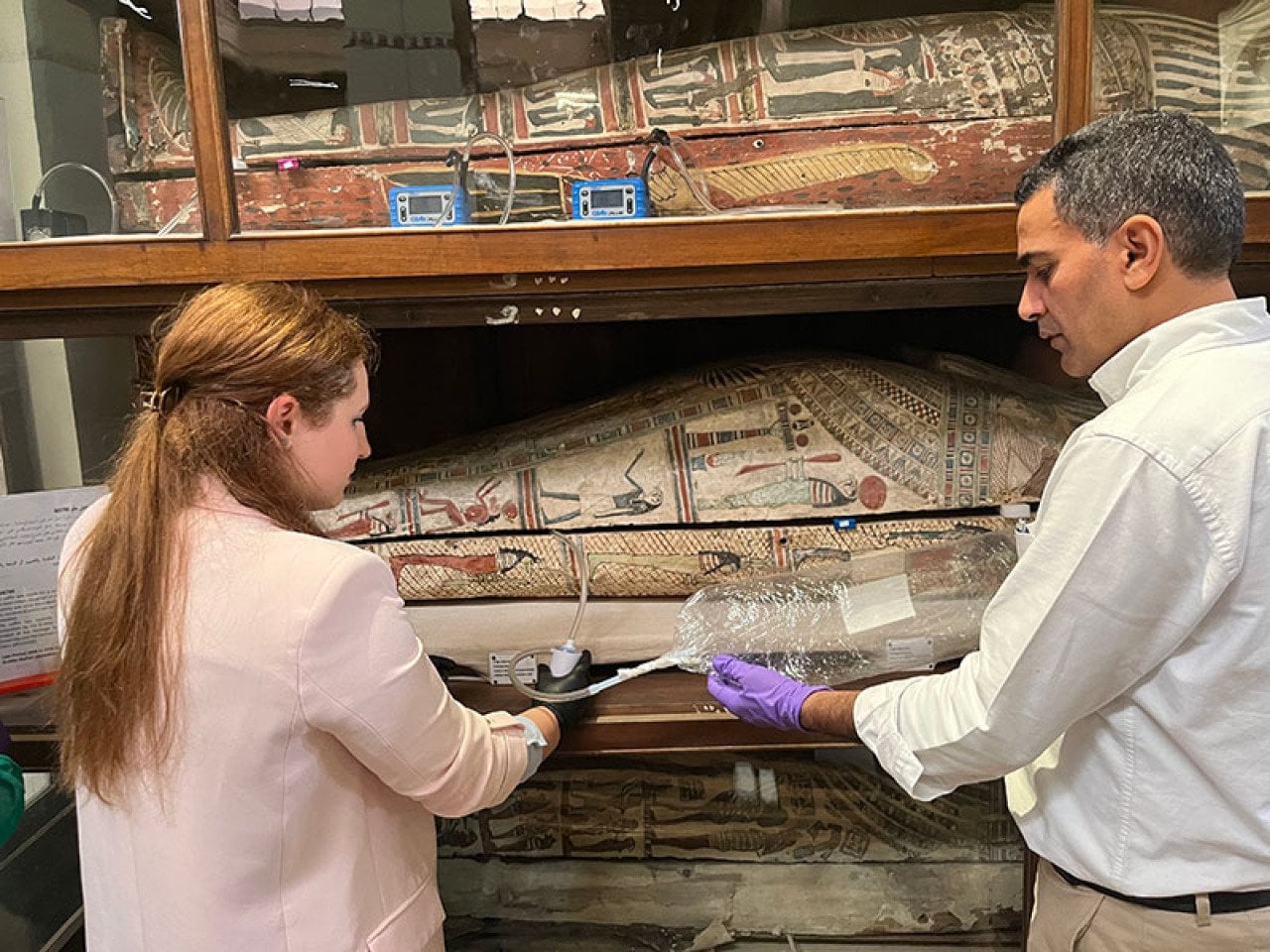



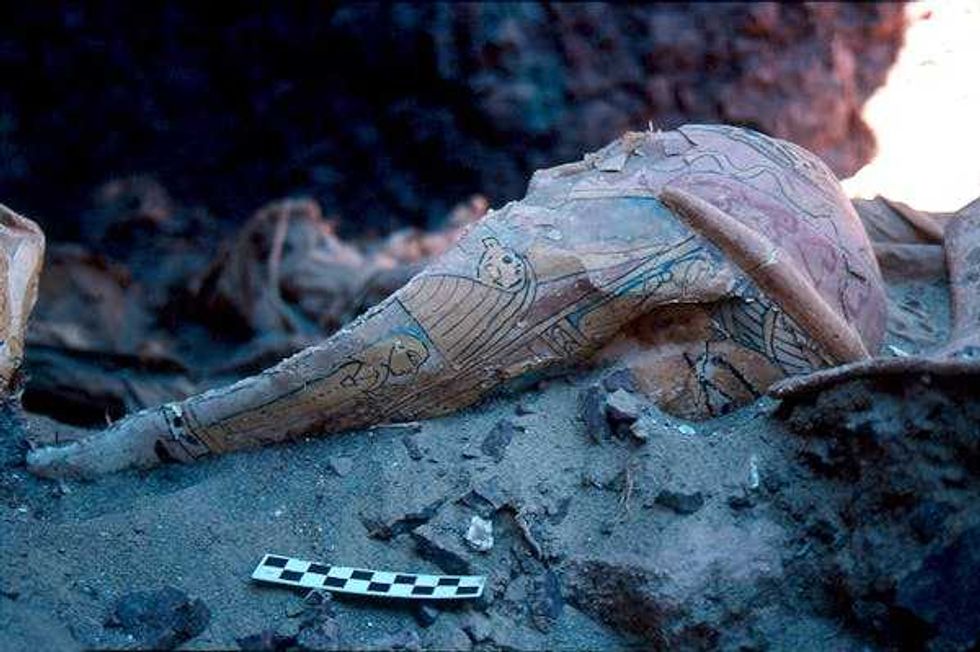 Reuse over time and looting shifted and damaged the contents of an ancient Egyptian tomb. This displaced mummy mask could have a relationship to other artifacts already in museums around the world.Carlo Rindi Nuzzolo
Reuse over time and looting shifted and damaged the contents of an ancient Egyptian tomb. This displaced mummy mask could have a relationship to other artifacts already in museums around the world.Carlo Rindi Nuzzolo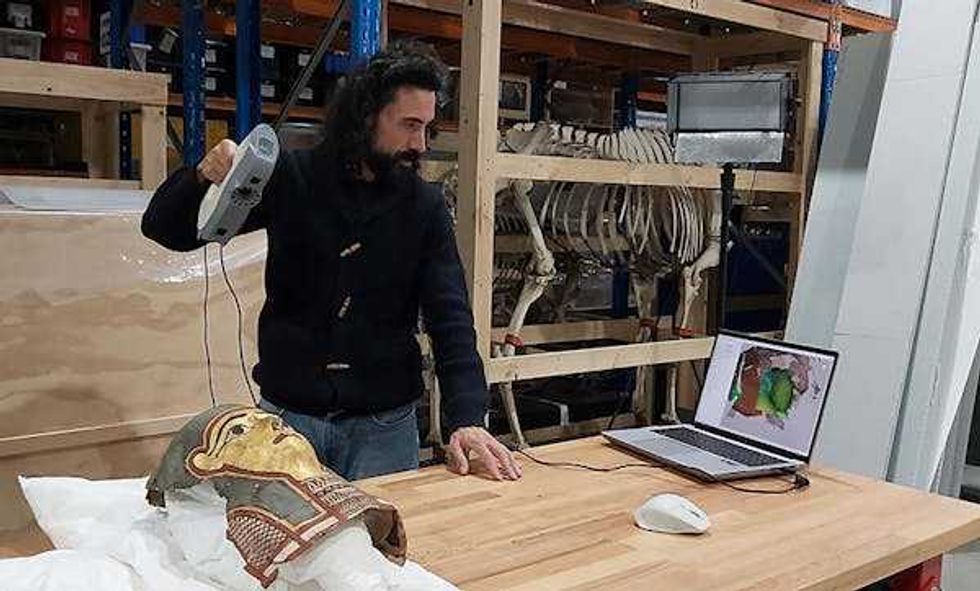 Archaeologists can use handheld 3D scanners to noninvasively map objects in very fine detail.Carlo Rindi Nuzzolo
Archaeologists can use handheld 3D scanners to noninvasively map objects in very fine detail.Carlo Rindi Nuzzolo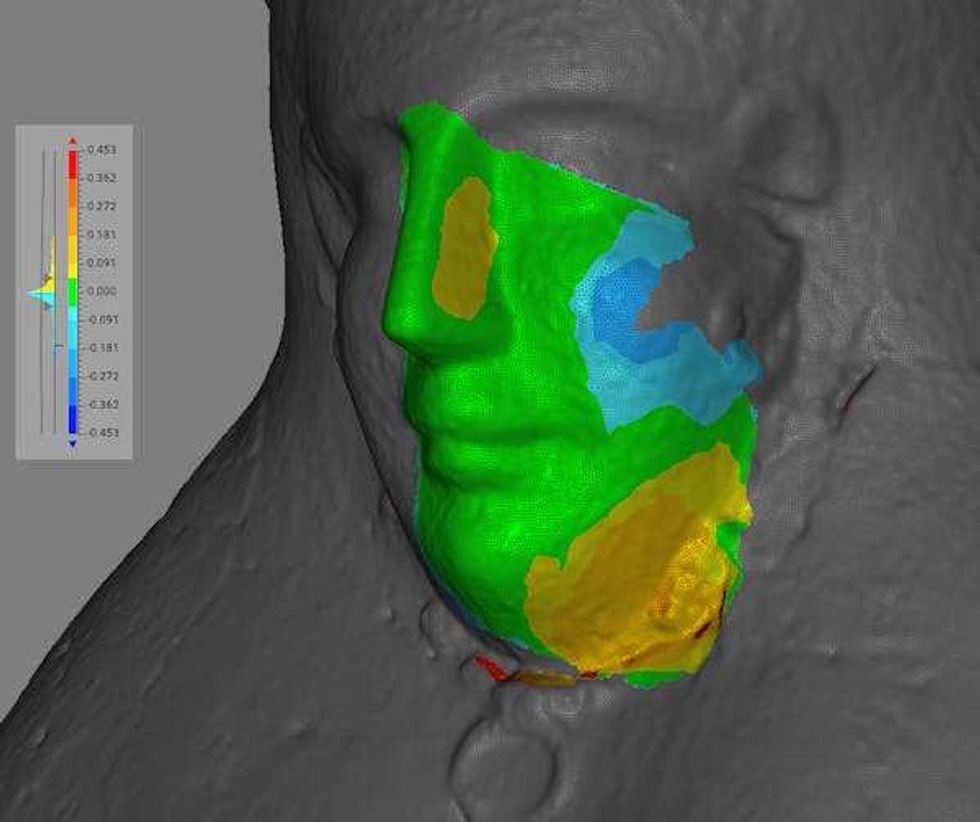 The mask reference surface is shown in gray, while the aligned fragment is colored based on the surface-to-surface distance at each point. Green indicates a good match with almost no distance. Cooler colors show areas where the fragment lies below the reference mask, and warmer colors show where it lies above.Carlo Rindi Nuzzolo
The mask reference surface is shown in gray, while the aligned fragment is colored based on the surface-to-surface distance at each point. Green indicates a good match with almost no distance. Cooler colors show areas where the fragment lies below the reference mask, and warmer colors show where it lies above.Carlo Rindi Nuzzolo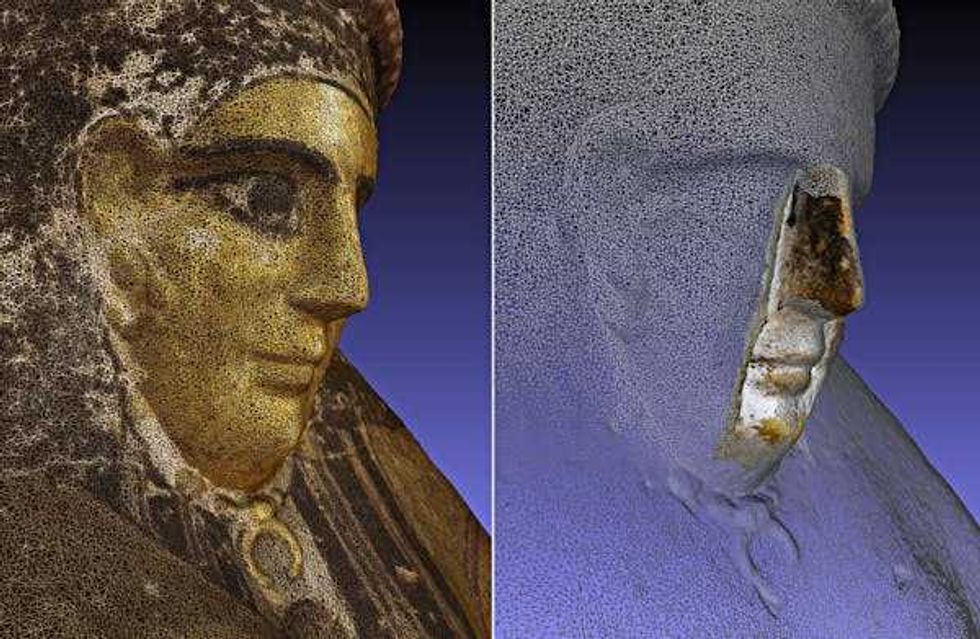 The mask fragment was a very close match to a complete mask, suggesting they were made in the same mold.Carlo Rindi Nuzzolo
The mask fragment was a very close match to a complete mask, suggesting they were made in the same mold.Carlo Rindi Nuzzolo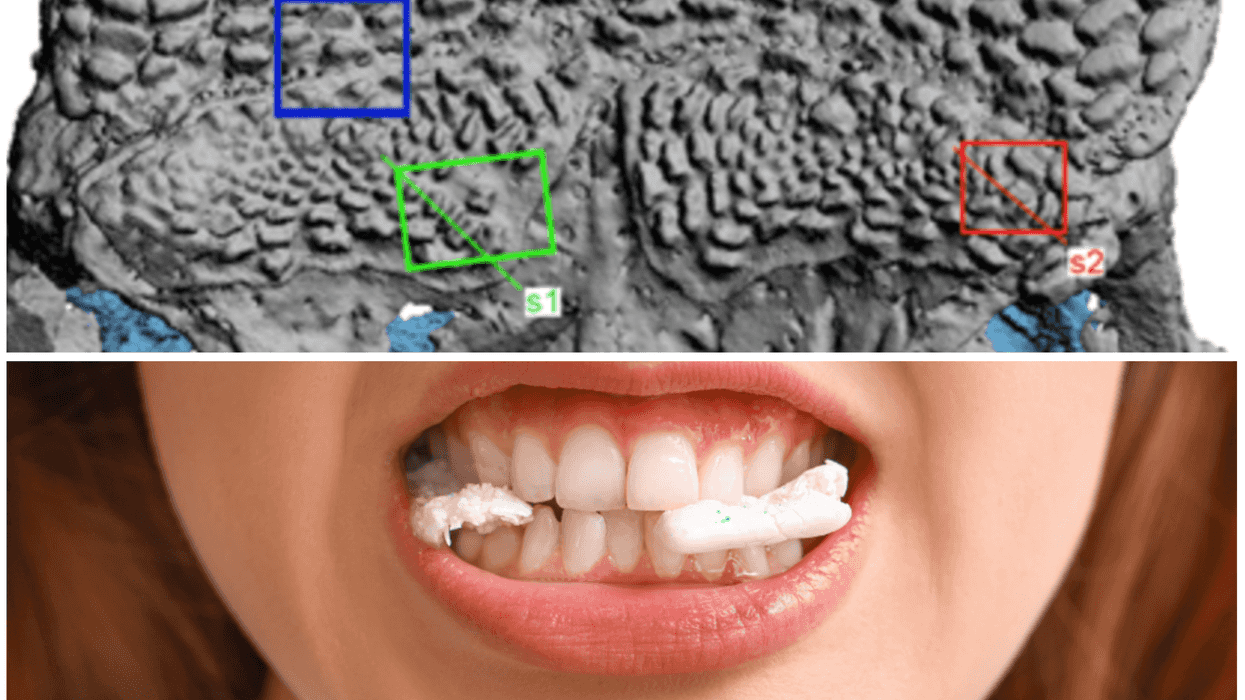
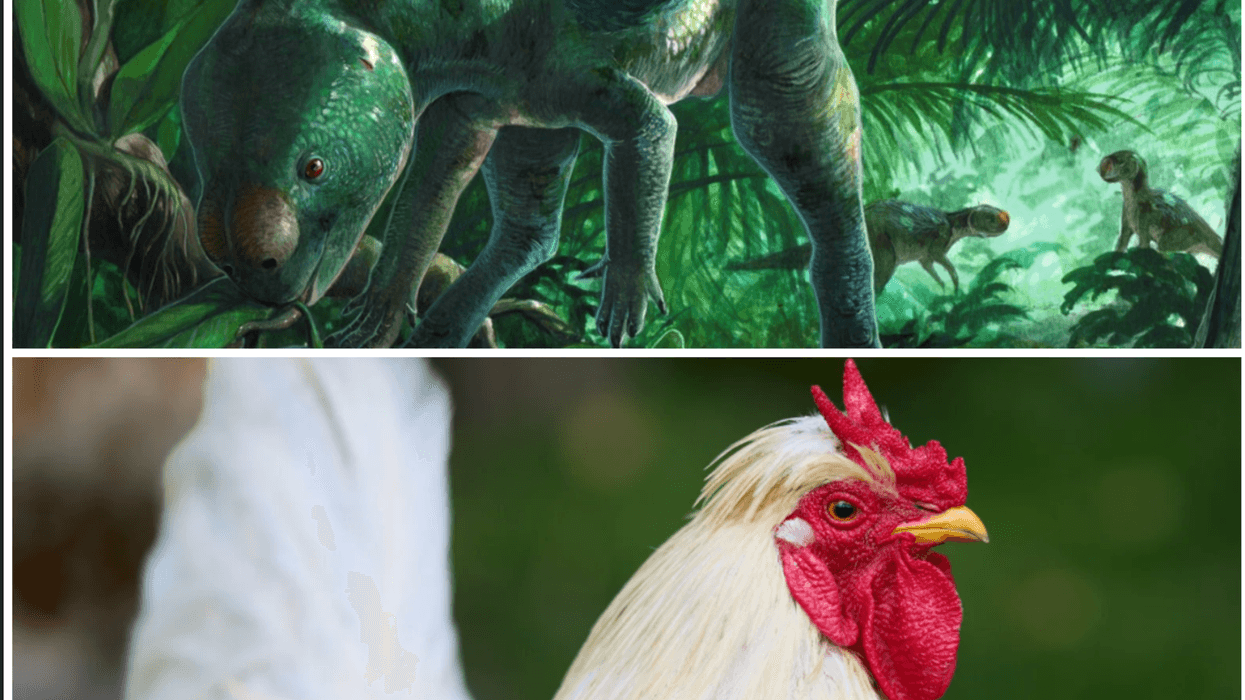
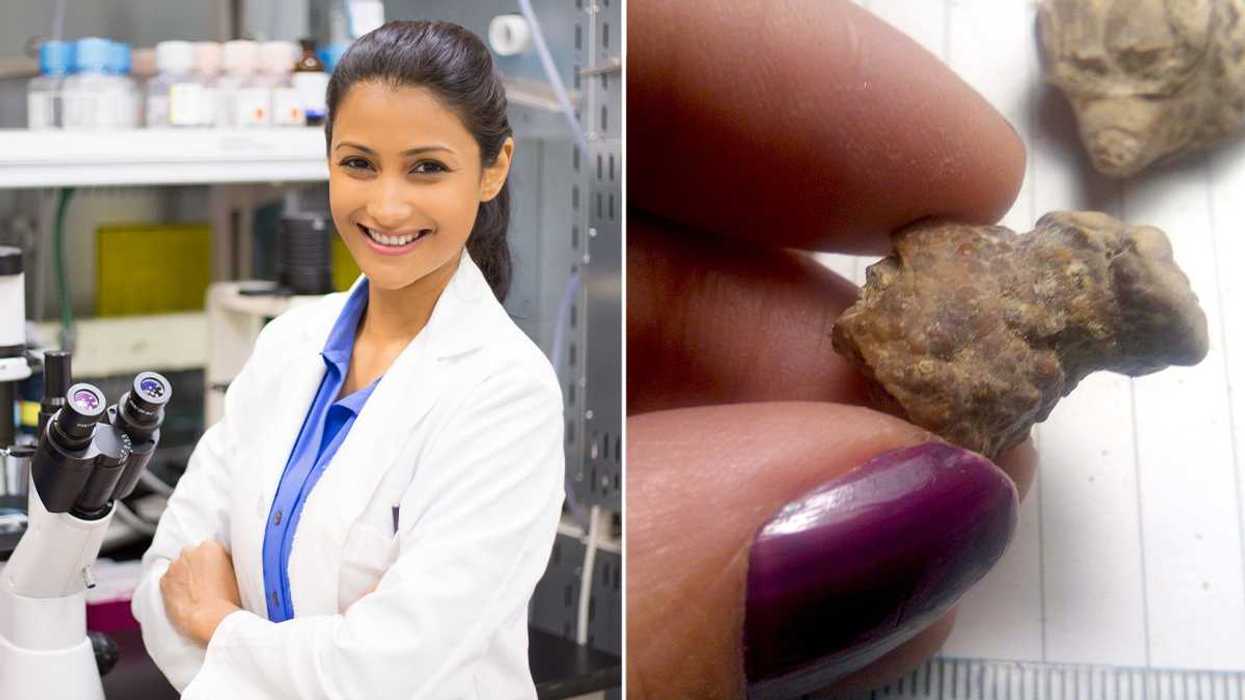
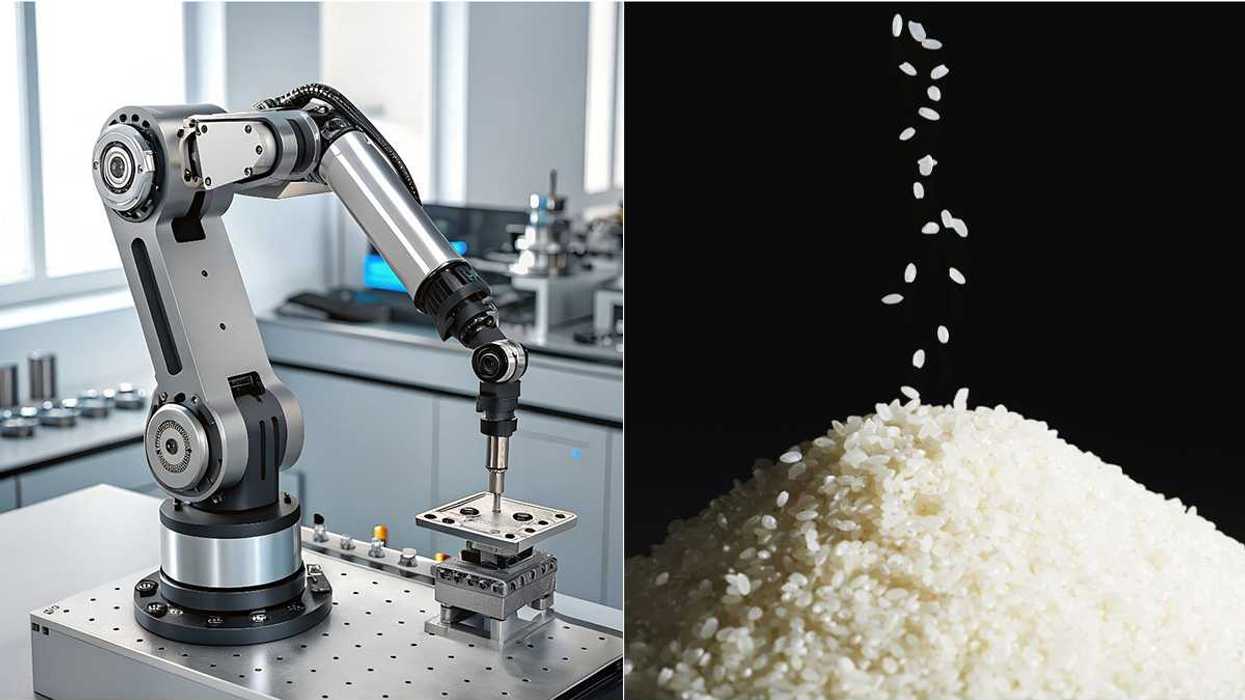 Left: A robotic arm. Right: Rice grains.Photo credit:
Left: A robotic arm. Right: Rice grains.Photo credit: 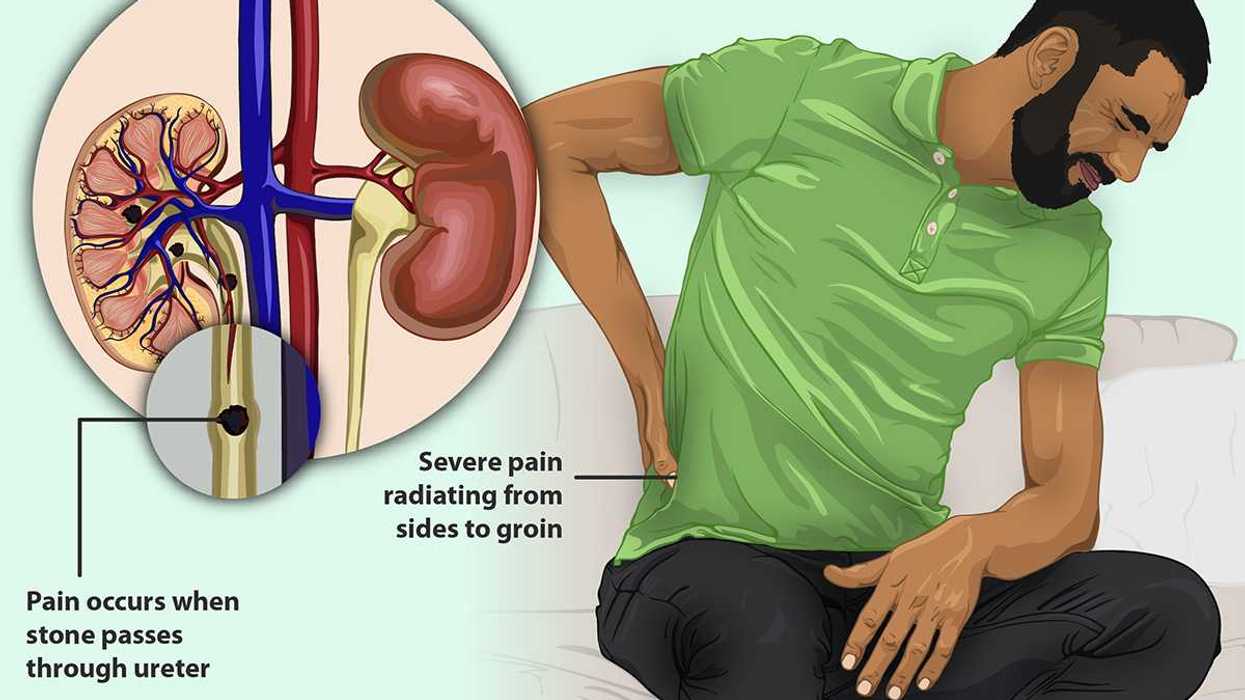 A diagram on kidney stones.myupchar/
A diagram on kidney stones.myupchar/